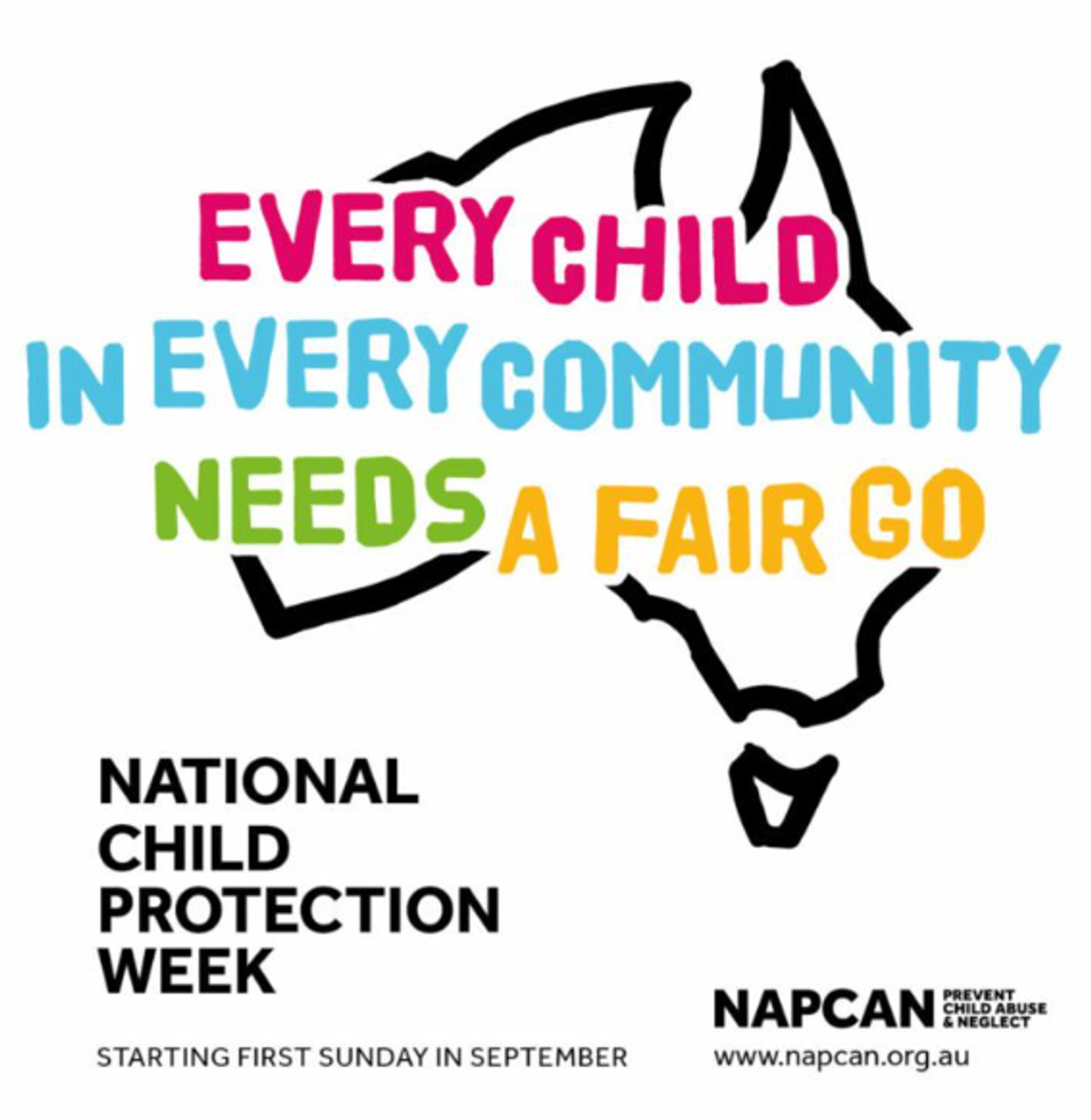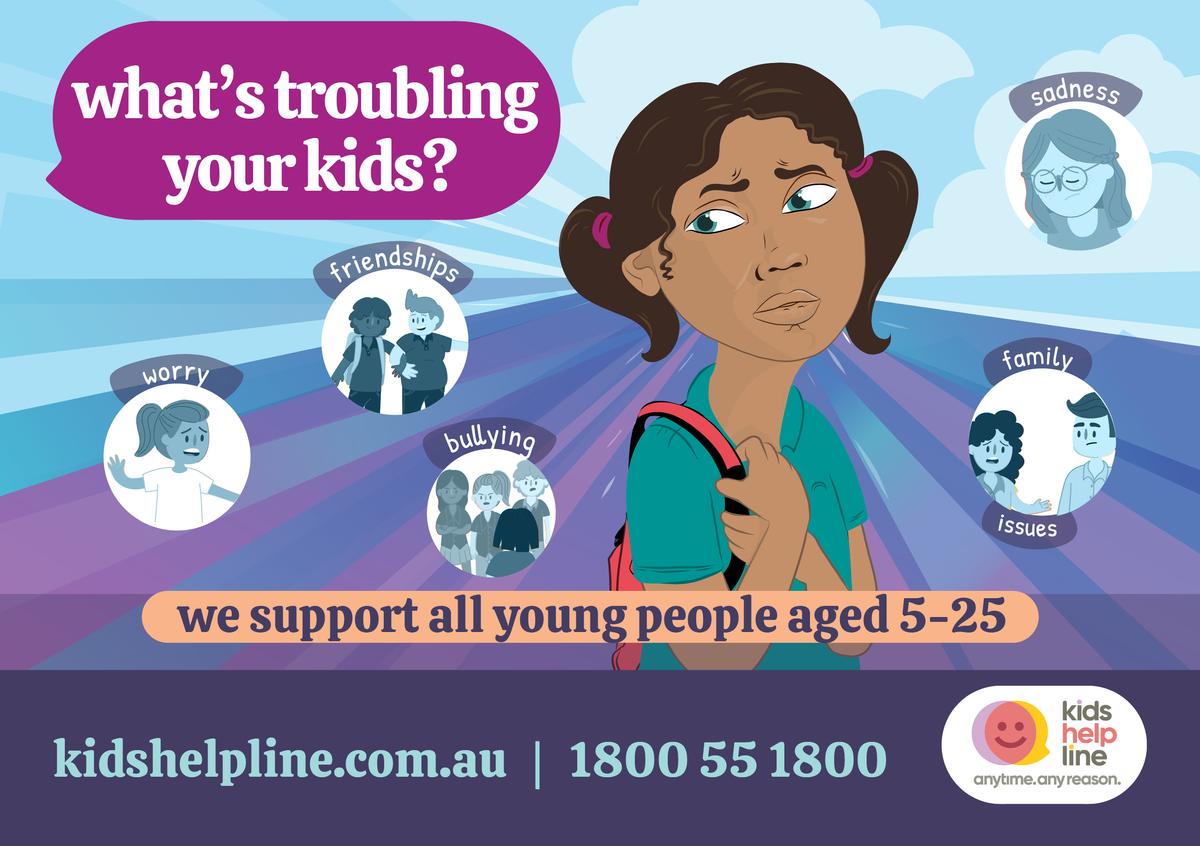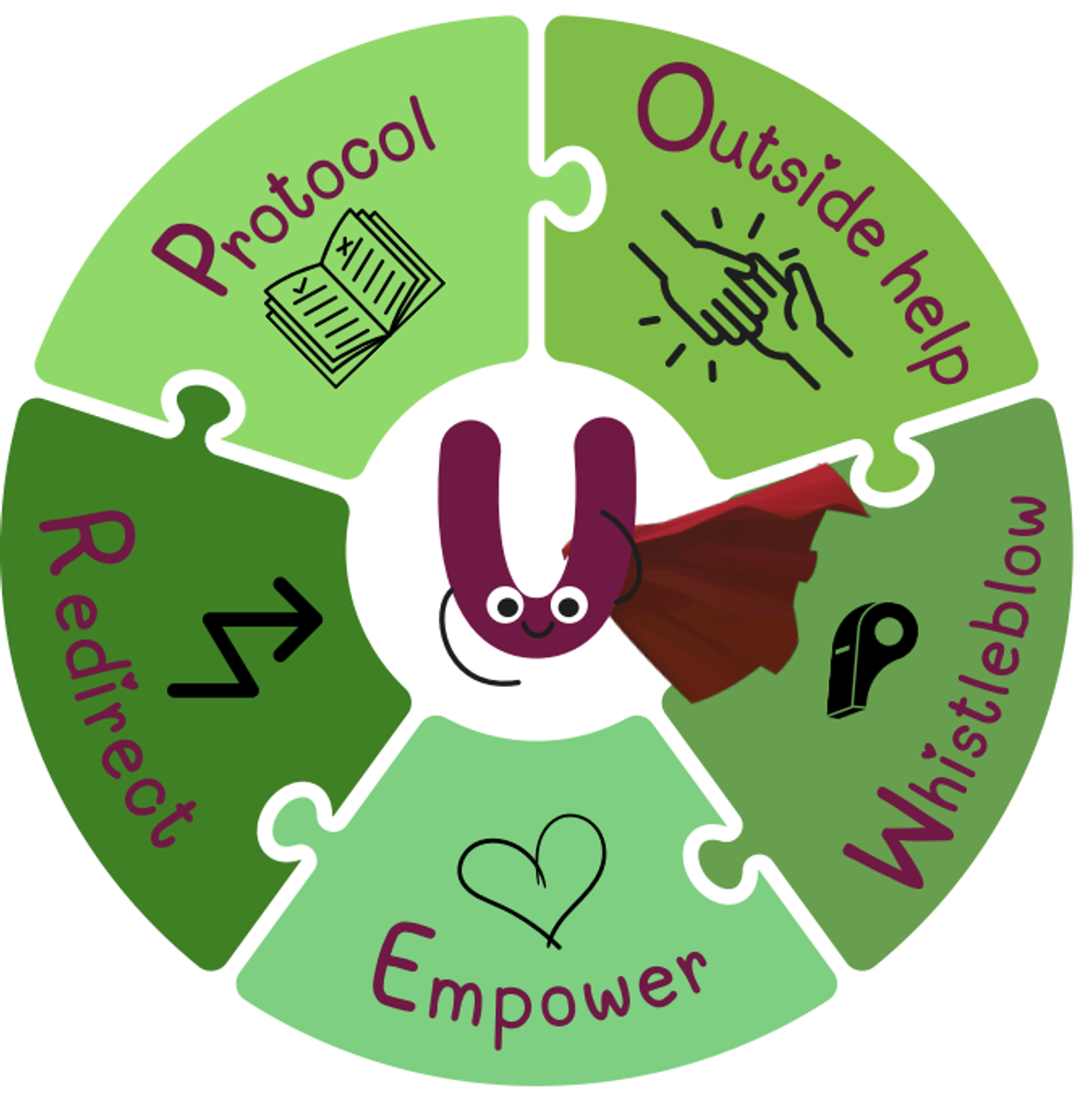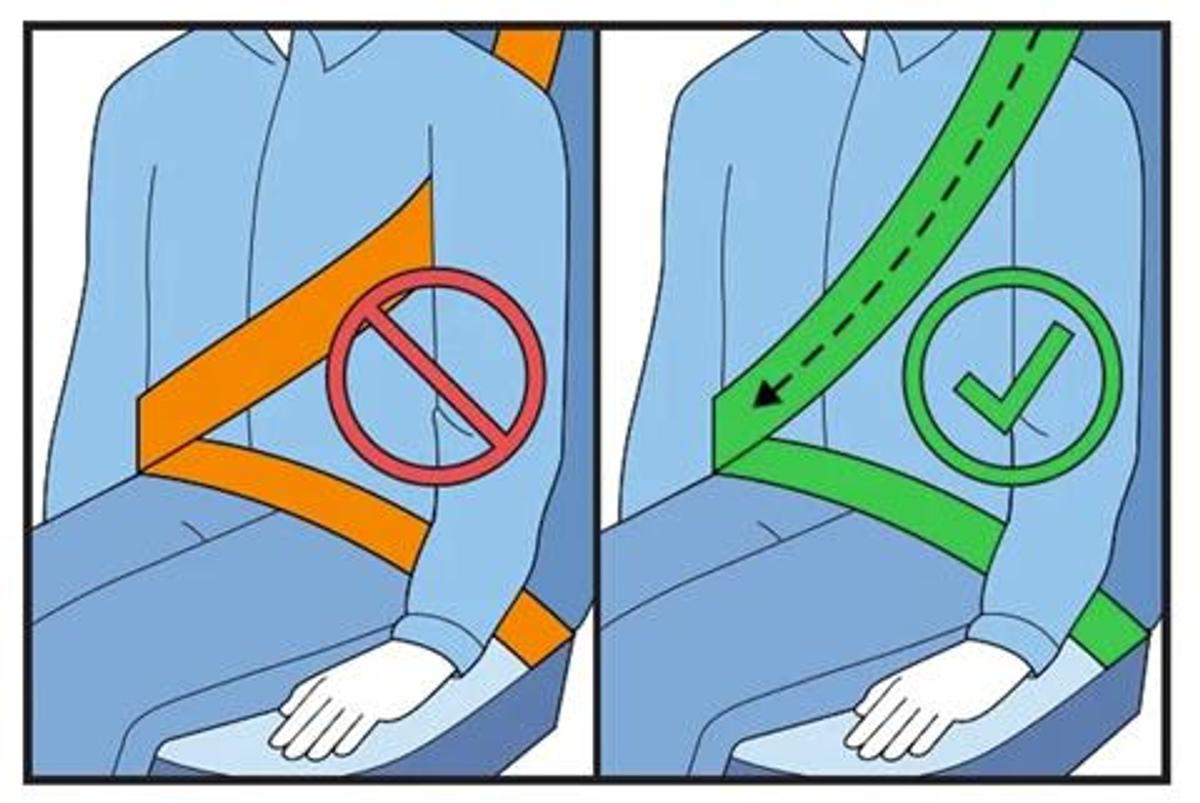Child Safe &
Wellbeing

Child Safe &
Wellbeing
Dear Parents, Guardians and Carers,


This week is dedicated to helping students understand their rights and the importance of feeling safe and supported at school. The focus for this week is 'Every Conversation Matters'. The focus for learning in our school will include sharing and discussing the child-friendly version of our school's Child Safe and Wellbeing Policy, which is designed to ensure that our school is a safe, friendly, and welcoming place for everyone. Students will learn about the standards of behavior they can expect from adults and what to do if they ever feel uncomfortable or unsafe. We want every student to know that they have the right to be treated with respect, kindness, and fairness by all adults.


During Child Protection Week, we will also be launching a new school-based initiative to support students in accessing the Kids Helpline directly from school. Kids Helpline provides confidential support and advice whenever students need someone to talk to. Our goal is to empower students with the knowledge and tools to seek help when they need it and to reinforce that their safety and wellbeing are our top priorities. We will share more with families about this in the coming weeks.
Peta Overbury and Jen Gulavin
Child Safe Champions


Life for a neurodivergent child is a journey of highs and lows, marked by the joy of mastering new skills and the challenges of setbacks. As their parent or teacher, your support is crucial.
Educators, parents, and carers of children who are diagnosed as neurodivergent, are undergoing assessment, or are suspected to be neurodivergent are invited to join us for Championing Neurodiversity. This empowering webinar is designed to equip you with practical insights and strategies to help children with autism, ADHD, and other neurodivergent conditions flourish.
Dr. Justin Coulson will help you:
Whether you’re a parent or teacher, this webinar will provide the knowledge, encouragement, and community support needed to help neurodivergent children thrive in a neurotypical world. Join us to make a positive impact on their lives, helping them grow, succeed, and find joy in their journey.


Link for St Thomas the Apostle
PASSWORD: happystacps
*Note that the link will only work if you are already signed into your school’s page


Dear Families,
Over the next couple of weeks we would like to shine a spotlight on the issue of bullying.
‘According to statistics, 1 in 4 young people and up to 1 in 9 employees experience bullying. Millions of Australians are impacted directly and indirectly each year.
In addition, approximately one in five school students reported experiencing online bullying in any one year and up to 100,000 school children stay home each day because they feel unsafe.’ (Bully Zero, 2024)
St Thomas the Apostle has developed a whole school approach to preventing bullying which is underpinned by our Anti-Bullying Policy and informed by research as to the best practice in this area.


Next week is National Bullying Prevention Week. At St Thomas the Apostle we will be launching an approach developed for our Catholic context, ‘Upstanding: U have the Power.’ This will involve students learning content related to:
What is bullying?
What is a bystander?
What is an upstander?
What strategies can I use if I am experiencing bullying?
What strategies can I use to help me be an upstander?
To support your children please familiarise yourself with some of the initial concepts below which are phrased using child friendly language.
What is bullying?
Bullying is a repeated behaviour that intends to cause harm from a person who is *more powerful than the other person they are targeting. *has more friends, is better at something, is physically bigger, stronger or older.
What can bullying look like?
Single incidents and conflict or fights between equals, are not defined as bullying.
What is not bullying?
We still respond to these issues at school, but they are not examples of bullying.
What is an upstander?
An upstander is a person who speaks up when they see bullying behaviour. They do something to help. They ‘stand up’ for others.
We look forward to sharing more about our whole school approach in next week’s newsletter.


To all Parents, Guardians and Carers,
Teaching road safety to our children is a life skill. Parents/Carers are encouraged to keep in mind the following tips to ensure that children stay safe when in the car and on the road as a pedestrian. Please practice road safety daily.
Buckle up! – Ensure that children in your care always wear a seatbelt or secured in a car seat. Children need always needs to be buckled up in the correct seatbelt, no matter how long the trip is. Discuss with your children the importance of wearing a seatbelt.


Use the child lock feature to prevent children from opening car doors by themselves. Explain to your children why you might action this.
Please do not park your vehicle at the St Thomas the Apostle Parish




For all your eSafety needs, visit https://www.esafety.gov.au/parents